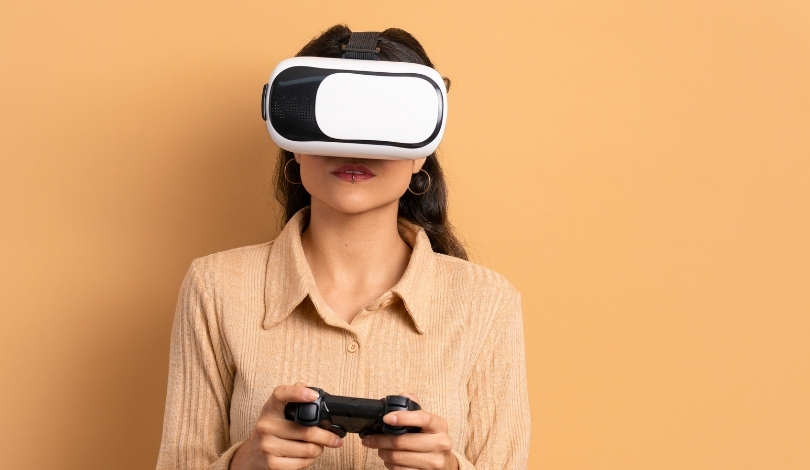As wearable technology grows increasingly integrated into daily life, new debates arise regarding the accuracy of physiological monitoring, particularly in the context of stress detection. Recent discussions have centered on claims that devices like smartwatches may not correctly interpret the user’s stress due to limitations in their measurement methods. At the same time, studies highlighting how smartwatches use biometric data prompt industry leaders to clarify the intended purpose and capabilities of these devices. These concerns prompt consumers to reconsider how they interpret health notifications from devices such as Apple Watch and Fitbit, which remain central players in the wearable technology market.
Researchers and health professionals have grappled with gaps between user expectations of smartwatches and the technology’s technical boundaries. Earlier studies often pointed to potential inaccuracies in wearables’ detection of mental states including stress, and some questioned whether these devices reliably differentiate between physical and emotional triggers. While companies have published technical whitepapers and research updates in response to criticism, there remains an ongoing debate about the value of consumer-grade data versus clinical measurement standards. Recent public statements from major tech firms reflect a shift toward clarifying the educational rather than diagnostic role of such products.
How Do Smartwatches Measure Stress?
Smartwatches estimate stress by tracking physiological indicators such as heart rate variability, sleep patterns, and physical activity. These measurements are then interpreted using algorithms, which generate prompts or scores suggesting how “stressed” the wearer may be. Product lines including Apple Watch and Fitbit Sense have popularized these features, promoting their utility for personal wellness monitoring. However, these devices do not directly read psychological stress; instead, they interpret physical responses that may overlap with other emotional or physical states.
What Are Experts Saying About These Claims?
Health technology experts have explained that stress measurement by smartwatches is not meant to match clinical psychological assessment. Companies assert their devices offer clues about physical changes rather than definitive mental health diagnoses. One spokesperson stated,
“Our wearables provide insights into physiological trends but do not diagnose psychological conditions.”
Another representative clarified,
“Understanding the impact of certain behaviors on heart rate could be valuable, yet the data should be seen as informational.”
These comments reflect a broader industry stance aimed at setting user expectations appropriately, emphasizing that machine output cannot replace professional evaluation.
Will Consumer Misunderstandings Affect Use of Wearable Devices?
Research indicates that misunderstanding the results provided by wearable devices can lead to unnecessary anxiety or reliance on non-medical advice. Device manufacturers are now prioritizing clearer messaging regarding what health-related features can and cannot reveal. Educating users about the significance and limitations of stress indicators remains a challenge as wearables continue to expand their presence in wellness routines. As a result, calls for further transparency and user education grow louder within both the tech and healthcare communities.
Wearable devices have achieved widespread popularity for their convenience and insight into daily habits, yet the distinction between clinical and consumer technologies persists. While internal tracking tools like those on the Apple Watch and Fitbit Sense are effective in encouraging healthy routines, they lack the context and diagnostic specificity of medical-grade equipment. Consumers and healthcare providers increasingly seek clarity on these distinctions to ensure well-informed usage. Readers concerned about stress measurements should recognize that device data is best supplemented with other resources, such as expert guidance or traditional medical evaluations. Acknowledging technology’s contribution to self-awareness, users benefit most by treating smartwatch feedback as one of several tools for understanding well-being, rather than a substitute for comprehensive mental health assessment.










